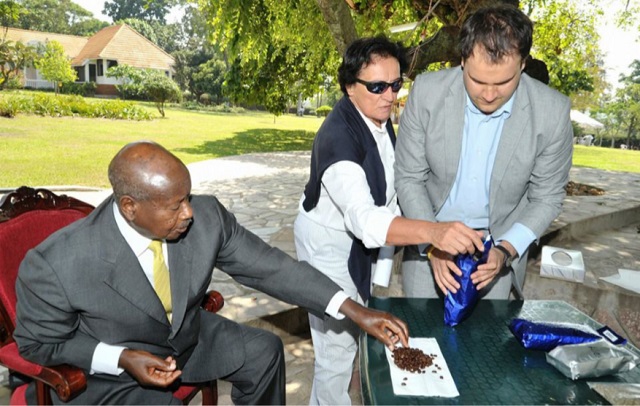
How bad can investing in a specialised hospital be?
Kampala, Uganda | IAN KATUSIIME | “Bring them in. Give them free land. Offer them Tax exemptions. Guarantee their financing. Don’t bother them with minimum wage. Then allow them to take their profits back home.”
That is how one unhappy commentator reacted on the decision by the Ugandan government to guarantee a loan for the construction of a specialised hospital in Lubowa, Kampala by an investor – a blanket term for any foreigner with a commercial venture in Uganda.
Investors are usually feted by the government and Parliament which is mandated to vet such government decisions, passed the deal recently, albeit with heated debate from opponents. The commentator said tongue-in-cheek that Uganda should formalise a concept dubbed No Risk Investor (NRI) – since the government appears determined to cover any risk an investor could face.
In this case, the anti-investor sentiments appear to be because the investor is an opaque Special Purpose Vehicle (SPV) involving a known construction company; Roko Construction Ltd and an unknown firm called Finasi. The SPV is called Finasi/Roko Construction Ltd and the government has made little effort to lift the veil on those behind the venture.
When the ground-breaking for the hospital happened in June 2017, the investor behind Finasi was identified as a woman named Enrica Maria Aristidina Pinetti. Since then, there has been a frenzy, especially in the media to unveil the woman who appears to be favoured by President Yoweri Museveni.
In 2014, the same Enrica Pinetti excited Museveni with a proposal to produce instant coffee. She said she would set up a company called Uganda Vinci Coffee Company Limited in Namanve Industrial Park in Kampala. It is not clear how far this project went.
On the face of it, the Lubowa Hospital transaction appears rather straight forward. Finasi/ Roko Construction SPV Ltd would design, construct, and equip the International Specialised Hospital of Uganda (ISHU) in Lubowa, Kampala. In return the government of Uganda undertakes; through promissory notes or a written promise to pay up to $379.6 million to Finasi/ Roko Construction SPV Ltd.
The assumption is that Finasi/ Roko Construction SPV Ltd aims to raise money for the venture using the government of Uganda’s promissory notes as a guarantee of payment. The hospital will be the property of the Republic of Uganda. It will contain 264 beds, doctors and nurses’ accommodation, a 9 MW powerhouse and a National Ambulance Control Centre. It will be located on 72000 square metres all availed by the government.
However, the government is expected to provide over $5-6million to Finasi each year over the eight year period when Finasi will be managing the hospital. But the decision has stirred a lot of controversy and Museveni had to write to the Speaker of Parliament to ensure the venture is passed.
Whereas President Museveni thanked MPs for approving the loan guarantee for the investor behind the hospital, some observers think that the decision may have far reaching financial implications even long after the hospital is operational.
Deal shrouded in smoke
Julius Kapwepwe, the programmes director of the Uganda Debt Network, an organisation that advocates for prudent and transparent resource utilisation, told The Independent that he is worried about the lack of transparency of the procurement and financing of the project.
“The problem with this hospital is that it is shrouded in smoke. We don’t seem to see transparency,” he said. According to him the actual figure of $379million has been queried because it shifted from the initial figure of $354 million.
But Syda Bumba, the chairperson of the National Economy committee which inquired and scrutinised the project and eventually gave the promissory note a go ahead, told The Independent that there was no scam in Parliament’s resolution.
“That project was started in 2013. Even the initial figure for the project going up is justified due to the costs of financing.”
Bumba says there is controversy about the promissory note arrangement because many commentators are not familiar with the type of transaction. Bbumba says promissory notes are a standard mode of payment in investment and have been used before by previous governments in Uganda.
“This is an acceptable method to be paid at an agreed time,” said.
 The Independent Uganda: You get the Truth we Pay the Price
The Independent Uganda: You get the Truth we Pay the Price



